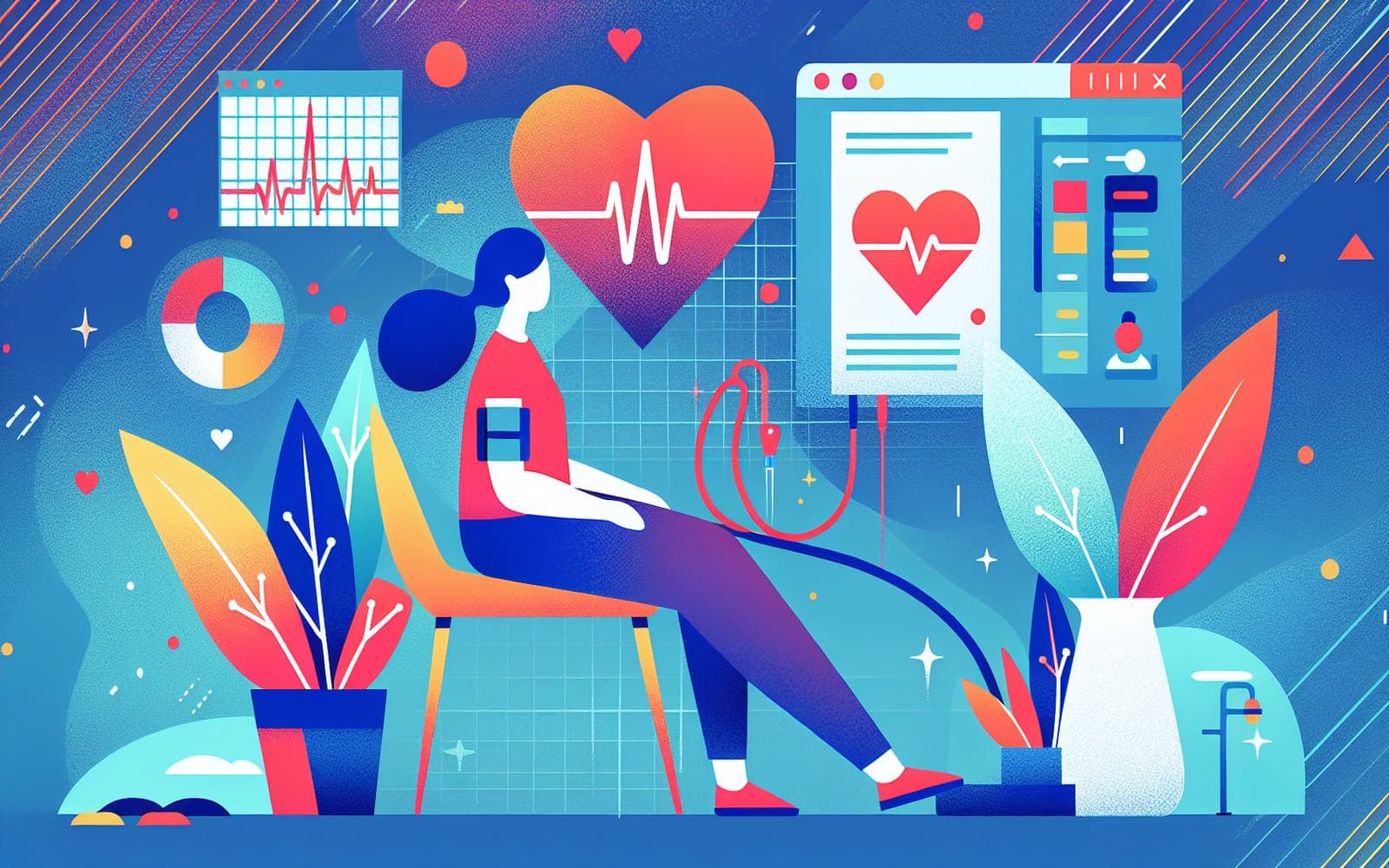Why Ambulatory ECG Monitors Are the Future of Heart Health
Published: Jun 22, 2024
Ambulatory ECG monitors are transforming how we track heart health over time. These devices provide insights into heart rhythms that might go unnoticed with standard ECGs.
Contents
Understanding Ambulatory ECG
Unlike the standard ECG that captures a snapshot of your heart's electrical activity in just 10 seconds, ambulatory ECG monitors record this activity over a longer period. This allows for the detection of heart rhythm problems that come and go, like arrhythmias, which might otherwise be missed. They are particularly useful for diagnosing conditions related to unexplained fainting spells or palpitations, offering a comprehensive view that can be vital for effective treatment.
Types of Ambulatory ECG Monitors
There are several types of ambulatory ECG monitors, each suited for different needs. The Holter monitor is ideal for those with frequent symptoms as it records continuously for 24 to 48 hours. Event monitors are better for infrequent symptoms, capturing data only when triggered by the patient. More advanced options like mobile cardiac outpatient telemetry (MCOT) and insertable cardiac monitors (ICMs) offer longer-term monitoring and are excellent for capturing elusive arrhythmias.

When to Consider Ambulatory Monitoring
Ambulatory ECG monitoring is recommended for those experiencing unexplained dizziness, fainting, or palpitations. It is particularly beneficial for patients with conditions like atrial fibrillation or after events like a stroke, where hidden heart rhythm issues could be the cause. Choosing the right type of monitor depends on how often symptoms occur and their potential severity.
Frequently Asked Questions
It's a device that records heart activity over time, unlike a standard ECG's brief snapshot.
Those with unexplained fainting, dizziness, or palpitations might benefit from it.
It can last from a day to several years, depending on the device type.
It's best for frequent symptoms, providing continuous data over 24-48 hours.
Key Takeaways
Could an ambulatory ECG monitor be the key to unlocking hidden heart health issues?
Discover more about how ambulatory ECG monitoring could benefit your heart with Doctronic.Related Articles
References
Boudoulas H, Schaal SF, Lewis RP, Robinson JL. Superiority of 24-hour outpatient monitoring over multi-stage exercise testing for the evaluation of syncope. J Electrocardiol 1979; 12:103.
Steinberg JS, Varma N, Cygankiewicz I, et al. 2017 ISHNE-HRS expert consensus statement on ambulatory ECG and external cardiac monitoring/telemetry. Heart Rhythm 2017; 14:e55.
Always discuss health information with your healthcare provider.

